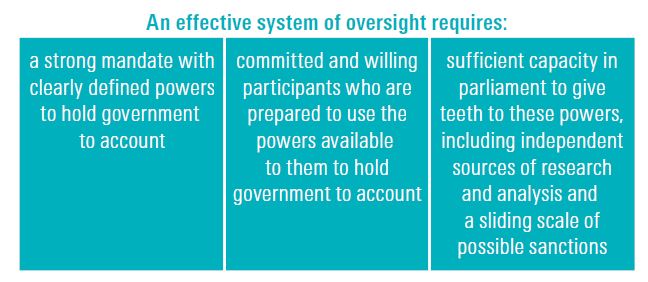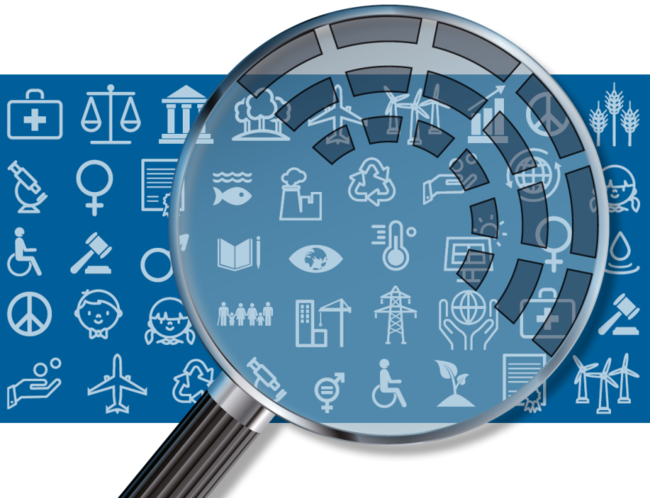- ImpactWe help parliaments to become greener and to implement the Paris agreement.We support democracy by strengthening parliamentsWe work to increase women’s representation in parliament and empower women MPs.We defend the human rights of parliamentarians and help them uphold the rights of all.We help parliaments fight terrorism, cyber warfare and the proliferation of weapons of mass destruction.We encourage youth participation in parliaments and empower young MPs.We support parliaments in implementing the SDGs with a particular focus on health and climate change.
- ParliamentsNearly every country in the world has some form of parliament. Parliamentary systems fall into two categories: bicameral and unicameral. Out of 190 national parliaments in the world, 78 are bicameral (156 chambers) and 112 are unicameral, making a total of 268 chambers of parliament with some 44,000 members of parliament. IPU membership is made up of 180 national parliaments
Find a national parliament
We help strengthen parliaments to make them more representative and effective. - EventsVirtual eventThe International Court of Justice (ICJ) was constituted under the United Nations Charter to help nations settle disputes peacefully in accordance with international law.
- Knowledge
Discover the IPU's resources
Our library of essential resources for parliamentsGlobal data for and about national parliamentsLatest data and reports about women in parliamentResolutions, declarations and outcomes adopted by IPU MembersRecent innovations in the way parliaments workThe latest climate change legislation from the London School of Economics' database
Global Parliamentary Report 2017—Parliamentary oversight: Parliament's power to hold government to account
The critical function of parliaments to hold governments responsible for their actions and decisions is the focus of the Global Parliamentary Report 2017, published jointly by the IPU and UNDP. Parliament is unique in being the only institution with a political mandate from the people to monitor the management of the state by the government.
Parliamentary oversight aims to promote people’s freedoms and well-being, and to improve accountability and transparency in government. Oversight processes assess the impact of government action on society; help ensure that appropriate resources are provided to implement government programmes; identify unintended or negative effects of government policy and actions; and monitor the meeting of national and international commitments. Effective oversight underpins progress towards the Sustainable Development Goals through strengthened legislation and policy, which lead to economic and human development. The impact of effective oversight is felt throughout society, as resources are distributed more fairly and services such as education and healthcare are delivered more effectively.

The report is based on the contributions of 150 national parliaments. As a practical and useful tool for Members of Parliament (MPs) and other interested communities, it provides examples of how parliaments and MPs carry out oversight in their countries, as well as tips for MPs on how to approach oversight. The report makes several key findings and 28 recommendations that are universally relevant to all countries and will help parliaments achieve improved oversight.
The important thing is to put government under pressure. Even if it is your own party that is in government. —Baroness Gloria Hooper, Member of the House of Lords, United Kingdom





